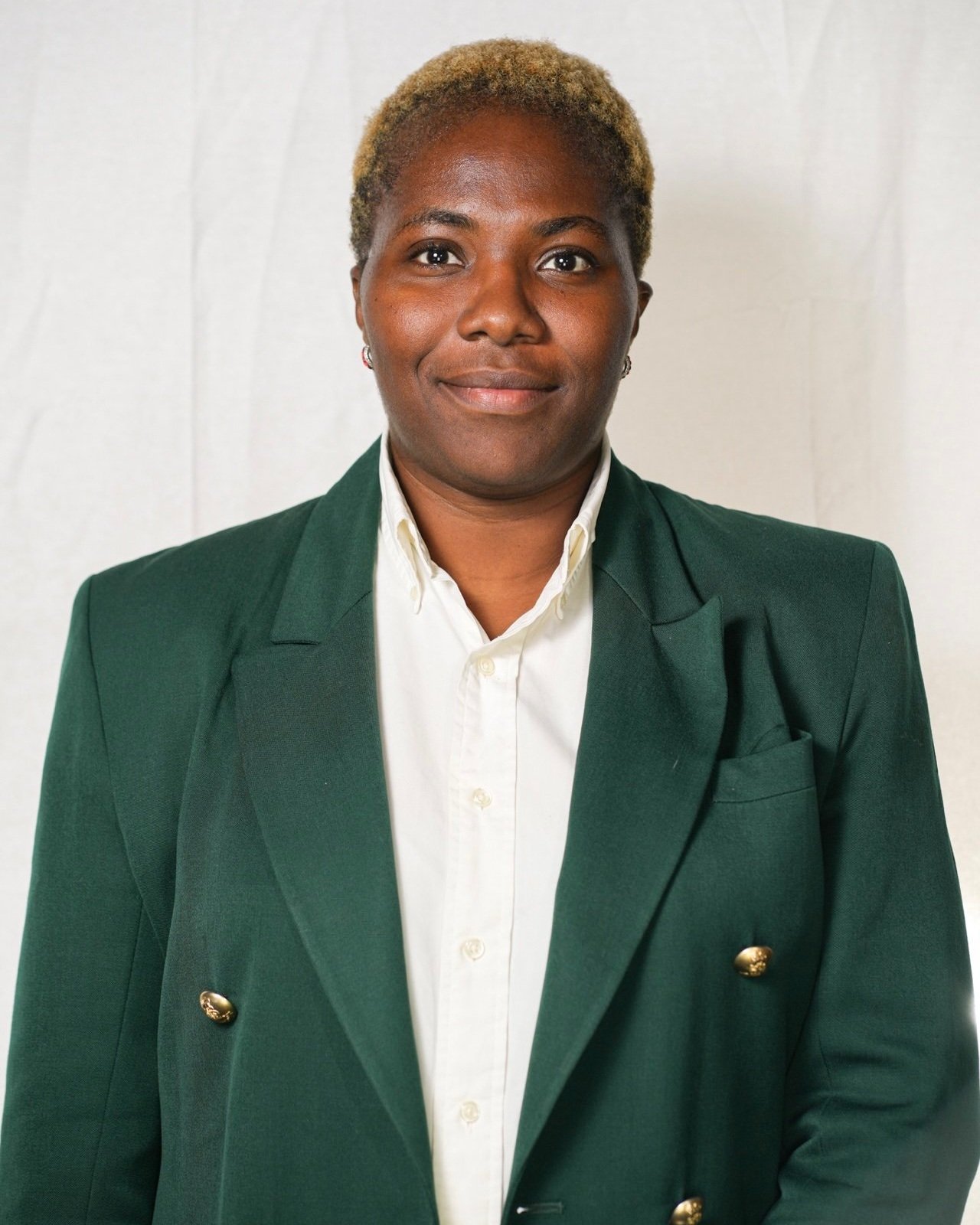Making It Happen – Learn How These Women Entrepreneurs are Overcoming Systemic Barriers and Thriving
Women’s representation in entrepreneurship has seen incredible growth in Canada, with a 30% increase documented in the past decade. But while women continue to build businesses that are critical in strengthening the Canadian economy (which they’re already contributing $150 billion to), they continue to face systemic barriers that make it more difficult to carve paths that align with their visions of success when compared to their male counterparts.
Systemic barriers impact women entrepreneurs in Black, Indigenous, People of Colour (BIPOC) communities even more, with a focus group of Canadian BIPOC participants citing impersonal processes that result in a lack of understanding towards their businesses and deeply rooted biases as some of the challenges they experience when trying to access business funding.
In Canada, approximately 42% of new women-owned businesses are created and owned by Black women, and 60% of these entrepreneurs are immigrants from Africa and the Caribbean. Though women entrepreneurs know just how vital mainstream funding is to achieving sustainable growth, these challenges have led many to forgo it entirely. In fact, more than 81% of Black women entrepreneurs self-fund their businesses through personal credit. This has caused them to take on greater risk and can slow growth due to insufficient working capital.
We wanted to learn more about the tenacious Black women who are building their dream businesses despite systemic barriers, so we asked The Forum community to nominate entrepreneurs who inspire them to push forward.
Keep reading to get to know Chizoba Obidigbo-Egbo of April Faith Vintage, Khadija Peters of The Locs Creator, Karima Leslie of Arise and Thrive Co., and Dr. Chenielle Delahaye of De La Enzie Essentials.
Chizoba Obidigbo-Egbo
April Faith Vintage
Based in: Ontario
Tell us about your business:
“April Faith Vintage (AFV) isn’t just a vintage retailer, but a vessel of sentimentality–devoted to cherished, one-of-a-kind vintage pieces that whisper stories of the past. AFV was launched in 2020 and has evolved from vintage jewelry to a diverse range of home decor lines. Over 250 pieces are now sold in more than three continents, spreading AFV’s reach worldwide. We’ve also introduced our own in-house product line, ‘The Lightbox.’”
What challenges have you faced through your journey?
“As an immigrant woman, arriving in Canada with only $500 and two kids, starting April Faith Vintage was a battle.
It was during a time when the world grappled with a pandemic, and amidst it all, I strived to secure my girls' place in school and help them find a sense of belonging. Despite countless applications, the silence of unopened interview doors weighed heavily on me. I knew that to survive, to carve a path for us, I had to birth AFV.
I was mocked for my accent, dismissed, and had my foreign degree questioned. I juggled jobs and had looming debt. But I found one of my most significant barriers was ME. I’ve made countless visits to the bathroom to hide away the tears from my girls and participated in so much negative self-talk and shame. But then I decided to fight for myself–willing strength into every fiber to stay afloat, just a little longer.
Every day, I remind myself, ‘You are more than this. If you keep pushing and breaking down the barriers, one day, it will all make sense.’”
Khadija Peters
The Locs Creator
Based in: Quebec
Tell us about your business:
“My business is exactly what the name refers to, creating locs. I've been doing locs in my home country for 12 years before coming to Canada in 2020. I've taught over 100 students in my home town the art of doing locs and caring for the liberating hairstyle that was once shunned by other communities.
In Canada, I currently have my own hair salon that now caters to over 200 clients who are mainly women, who have accepted their natural hair and their locs as their form of expression and beauty.”
What challenges have you faced through your journey?
“I've crossed many hurdles in the path building my business–and I still face them daily. However, immigrating to Quebec as an anglophone and bringing my child to Canada in the middle of the pandemic was one of the greatest challenges I’ve faced.
My husband is a Trinidad-born Canadian citizen and we did long distance for a while before I got pregnant in 2019. I lost my premature son at 24 weeks in Trinidad due to lack of healthcare for premature births. In 2020, I was pregnant again and fought to get on a flight in the height of the pandemic to get to Canada with my then 11-year-old daughter. I arrived in July 2020 and again, I had a premature birth, this time at 23 weeks. My son was born with his eyes closed but at one of the best hospitals in Montreal. For 120 days, I visited the hospital everyday to see my son and pray that he survived.
While all this was going on, my husband and I were in debt–struggling to pay the rent while also welcoming our fifth child. I decided to start doing hair and locs on my living room floor to contribute to the bills. I would get one client who'd refer and other, and I made my businesses’ presence on social media a priority to help spread the word.
Fast forward, and my business has outgrown my living room. I needed to expand, so I decided to open a salon in Quebec. I went to visit different locations but as an immigrant with no credit history, I was turned away multiple times and told that I ‘couldn't afford’ the rent even though I was making a decent wage. Eventually, I found the spot I'm in now, and today my son is thriving.
I never gave up. I never said that the colour of my skin means I don't belong–even when I was being forced to believe it. I never sat back and just said ‘I can’t do this.’ I listen to women in my chair all the time who share their stories and shed tears for the struggles they're going through. I want to help, in any way possible, for us Black women to see the beauty in ourselves.”
Karima Leslie
Arise and Thrive Co.
Based in: Alberta
Tell us about your business:
“Arise and Thrive Co. provides virtual services for women creatives with invisible chronic illness–think fibromyalgia, endometriosis, lupus, MS, thousands more. One of our biggest projects to date has been The Chronic Illness Group Program, which provides women with access to a team of health practitioners who specialize in chronic illness, a virtual community space so they never have to feel alone on their journey, and business courses and mentorship to regain financial independence in a way that allows them to work WITH their body's needs.”
What challenges have you faced through your journey?
“Chronic illness hit me less than six months after originally opening an organization that’s dedicated to mental health care for entrepreneurs. At the time, I couldn't find any resources out there to help me and had to close my business shortly after opening it. Years later, I'm so grateful to be in recovery.
I’ve reopened my business and launched a health-tech startup to improve the quality of life for women with invisible chronic illness. Now I’m creating the resources I never had, but that I and millions of women out there desperately need."
Dr. Chenielle Delahaye
De La Enzie Essentials
Based in: Ontario
Tell us about your business:
“De La Enzie Essentials is a research-based natural products company that produces personal care cosmetics with healing and therapeutic properties. We produce a range of essential oils, fixed oils, pure butters, soaps, pain relieving products, and diffusers. We also provide services in product development, product formulation, and even offer product making workshops for other aspiring or existing entrepreneurs and for social or corporate events.”
What challenges have you faced through your journey?
“I had to leave my marriage due to abuse and was left supporting three children with no support or savings. De La Enzie Essentials was my saving grace.
Supporting other women who’ve wanted to learn about making products has been truly rewarding. We’ve been breaking down the barriers of poverty and partner dependency. Empowering our entrepreneurs to be self-sufficient and thrive towards a better quality of life is what we are about.
The products themselves have also been life-changing for numerous individuals who’ve been suffering for years with common illnesses. We’re able to break down the barrier of access to healthcare by providing effective solutions.”
The Forum aims to play a critical role in helping to overcome systemic challenges with the AFIA DEI Index. The first initiative of its kind, it offers Canadian funders the resources and services needed to advance Diversity, Equity, Inclusion (DEI) and Reconciliation in business funding.





